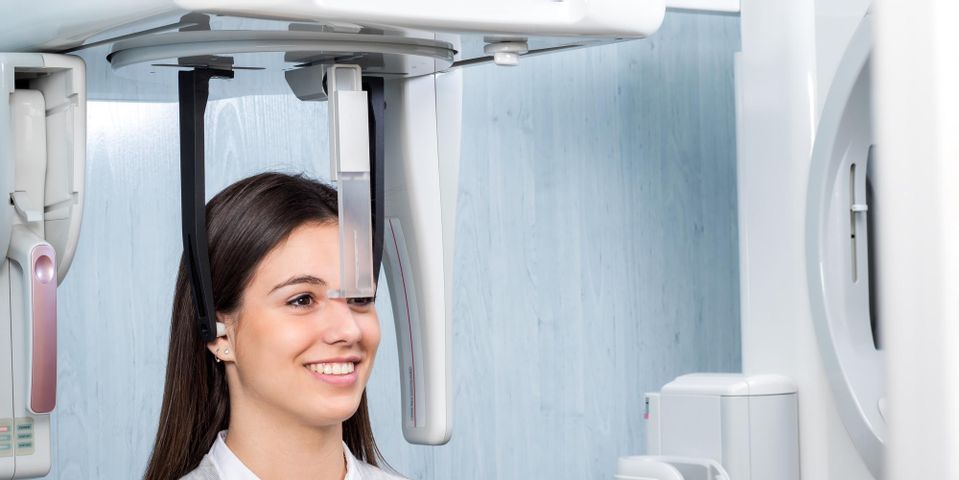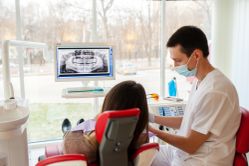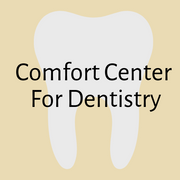
Dental X-rays have come a long way over the years. Today, most dentists use new technology that provides immediate, in-depth images of the teeth, gums, and jaw. And yet, some people are still hesitant to get scanned. To help you gain more insight into this important diagnostic tool, here are answers to some frequently asked questions.
4 FAQ About Dental X-Rays
What oral health problems can X-rays identify?
Digital X-rays can reveal a variety of surface and internal issues affecting teeth—including cavities and root canal infections. They can also determine if there is bone loss under the gums—a common sign of gum disease.
Dentists may also use X-rays to track the development of teeth. For instance, they can show how a child’s adult teeth are coming in. Imaging can also reveal problems with incoming wisdom teeth to determine if surgical removal is necessary.
Are there different types?
There are many different types of X-rays that your dentist may order. Full mouth series, or intraoral, X-rays provide a comprehensive look at every tooth and the surrounding bone structure. Panoramic X-rays detail the teeth, jaws, and sinuses.
Other X-rays are designed to focus on specific areas. Periapical imaging, for instance, shows an entire tooth from crown to root. Bite-wing scans, on the other hand, are ideal for inspecting back teeth for cavities and misalignments. Children might also receive an occlusal X-ray to reveal incoming teeth.
How often should I get one?
 While you should visit your dental office for an oral exam and cleaning every six months, X-rays may not be needed as frequently. In general, full mouth series are only needed about once every three to six years. However, if you have concerning symptoms or damage is revealed during the oral exam, your dentist will likely recommend taking a look sooner.
While you should visit your dental office for an oral exam and cleaning every six months, X-rays may not be needed as frequently. In general, full mouth series are only needed about once every three to six years. However, if you have concerning symptoms or damage is revealed during the oral exam, your dentist will likely recommend taking a look sooner.
Are dental X-rays safe?
Yes. Today’s digital X-rays only expose patients to low levels of radiation that are considered safe. Pregnant women can also receive X-rays. However, it’s important to let your dentist know if you are expecting. Lead aprons and other devices are used to protect both mother and fetus from radiation exposure.
Whether you’re due for a routine checkup or concerned about a toothache, Comfort Center For Dentistry, P.A. will make the diagnostic process as stress-free as possible. Supported by state-of-the-art digital X-rays, this Kendall County, TX, dentist will be able to pinpoint problems—including cavities, root canal infections, or gum disease. If treatment is necessary, you can count on this provider to deliver gentle care that will relieve your pain and protect your health. To learn more about these services, visit the practice online. For appointments, call (830) 995-5047.
About the Business
Have a question? Ask the experts!
Send your question

